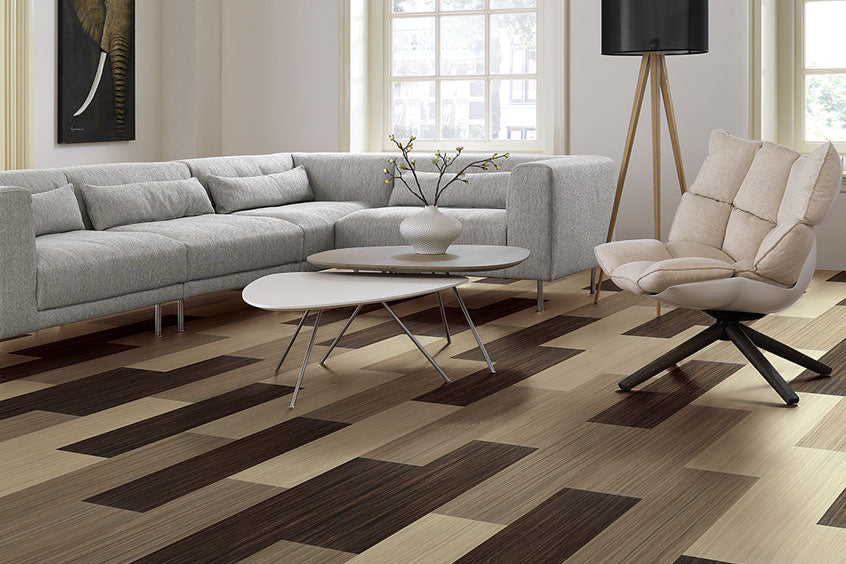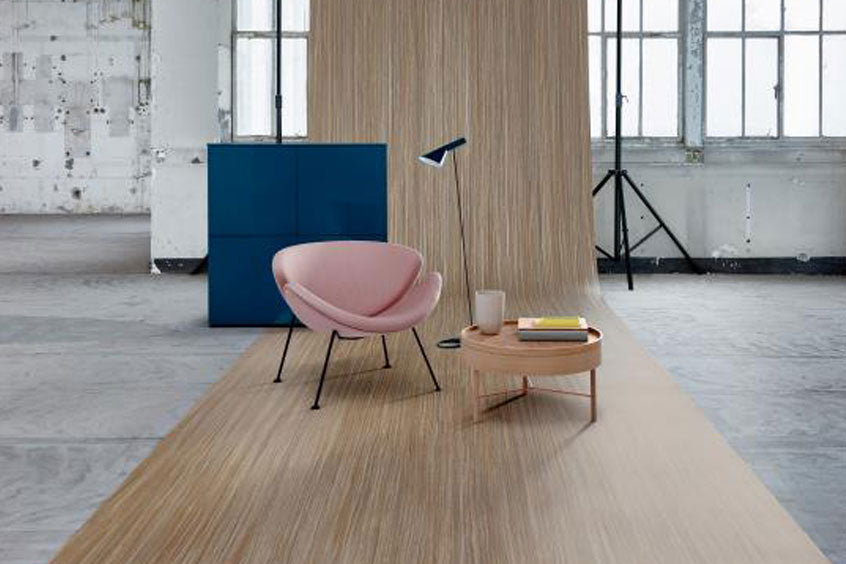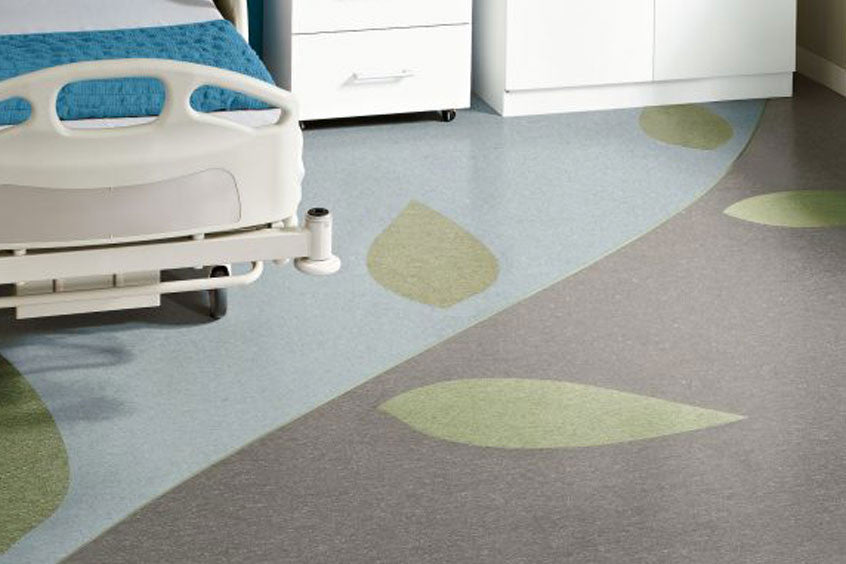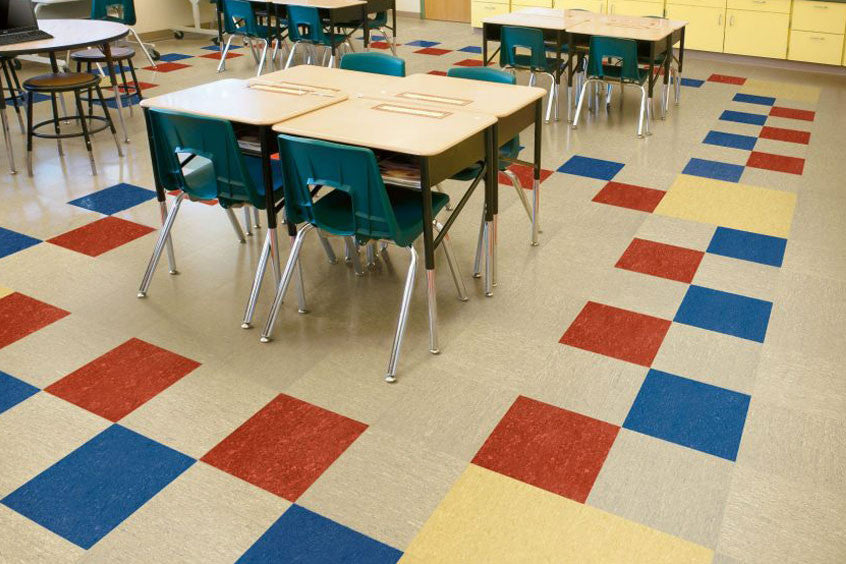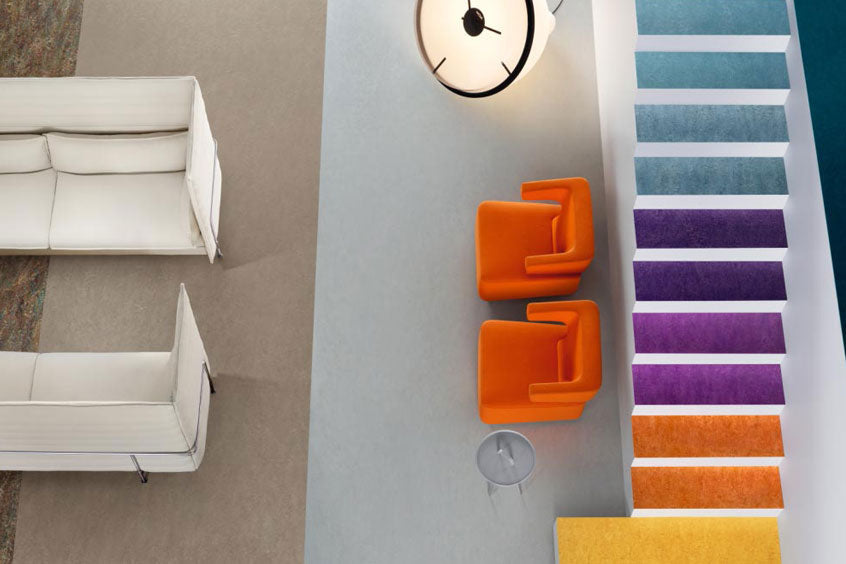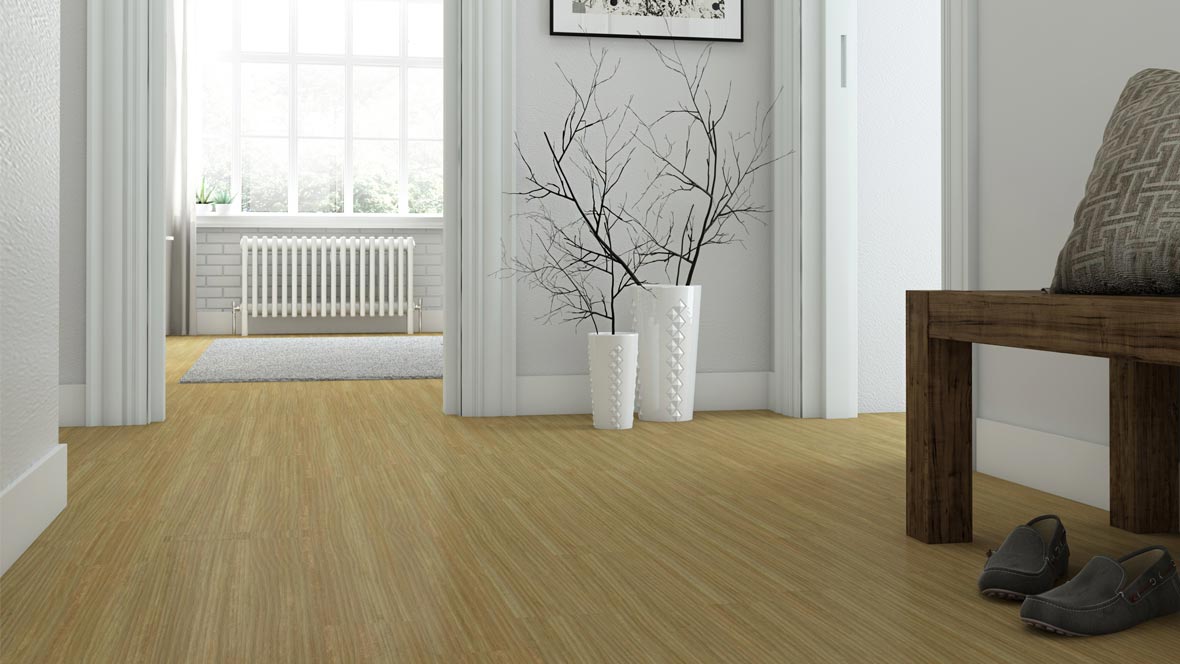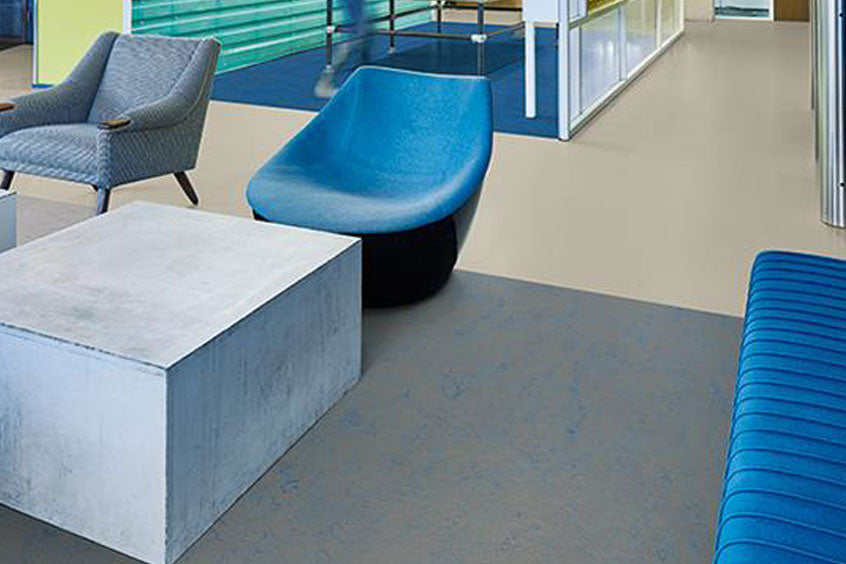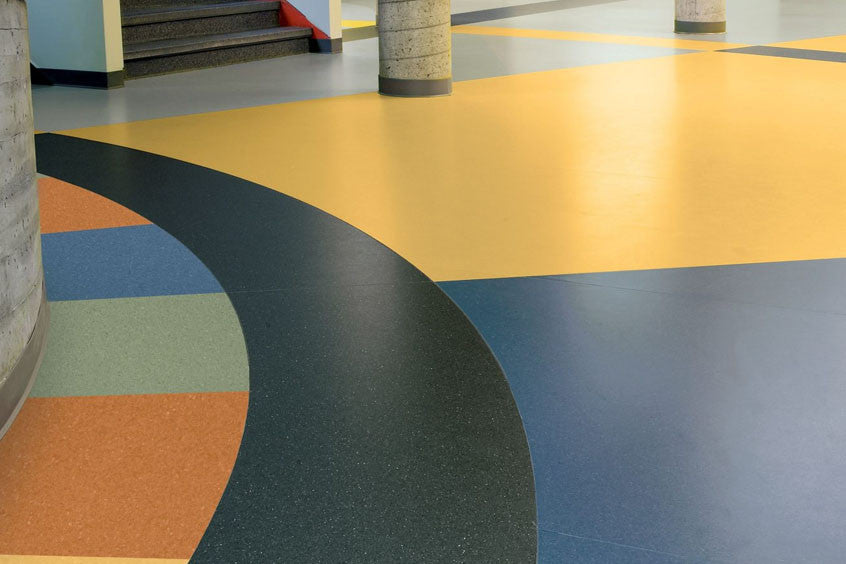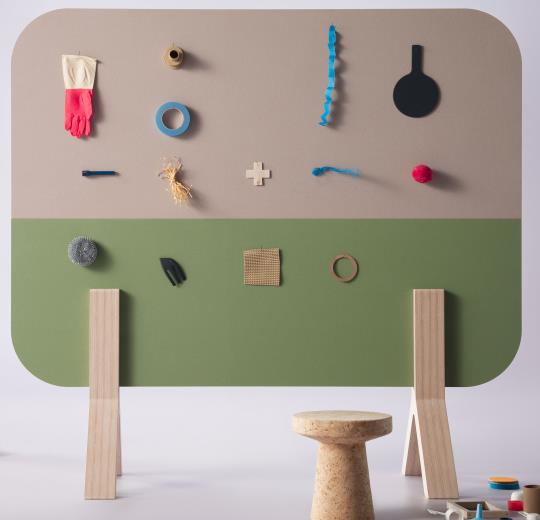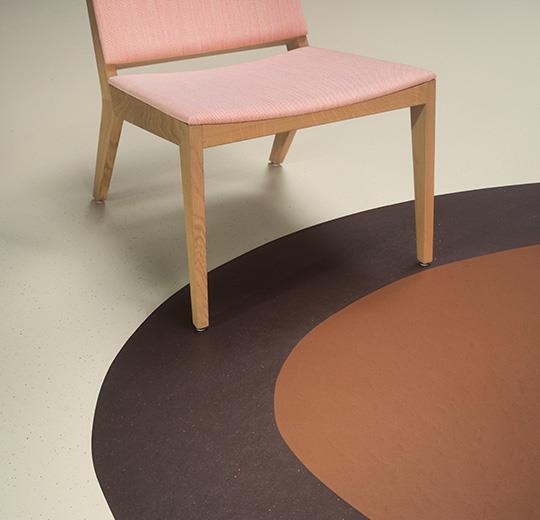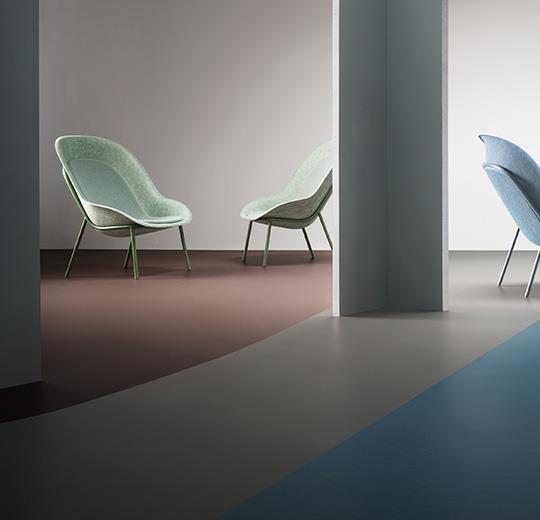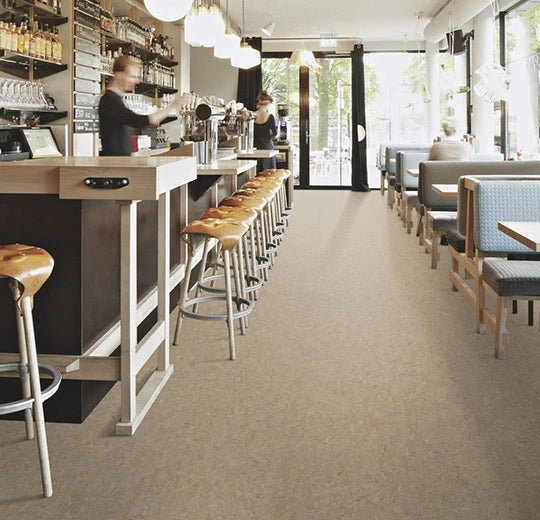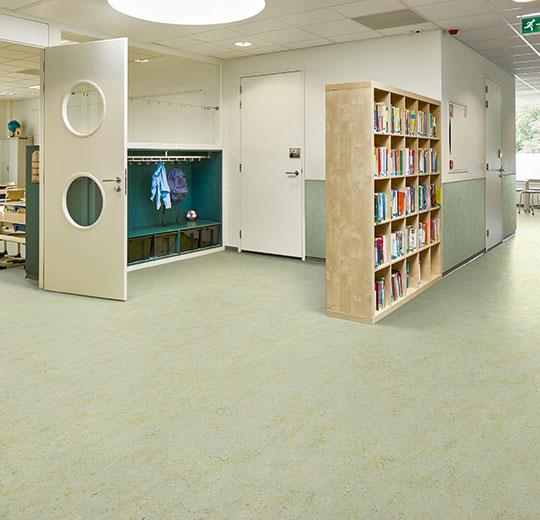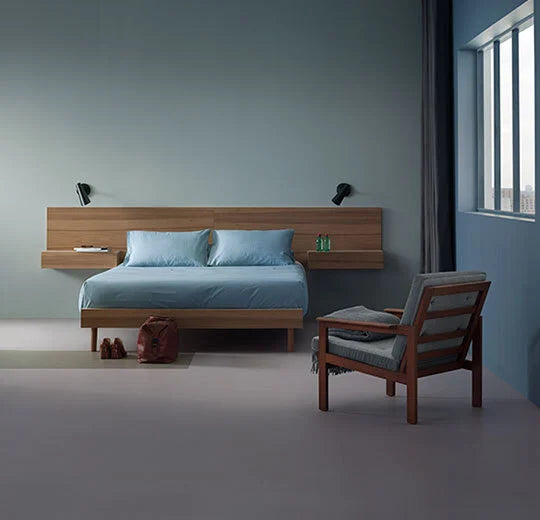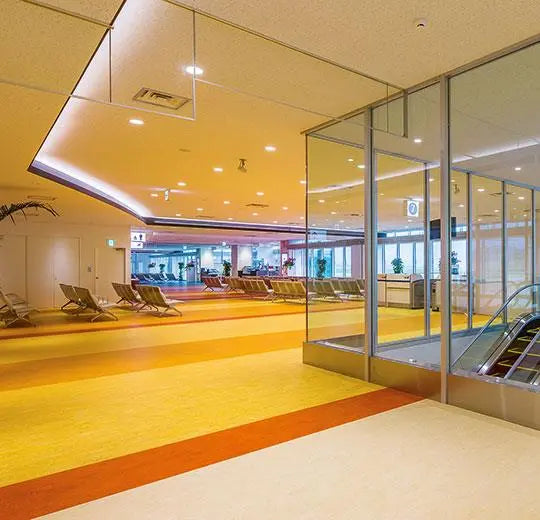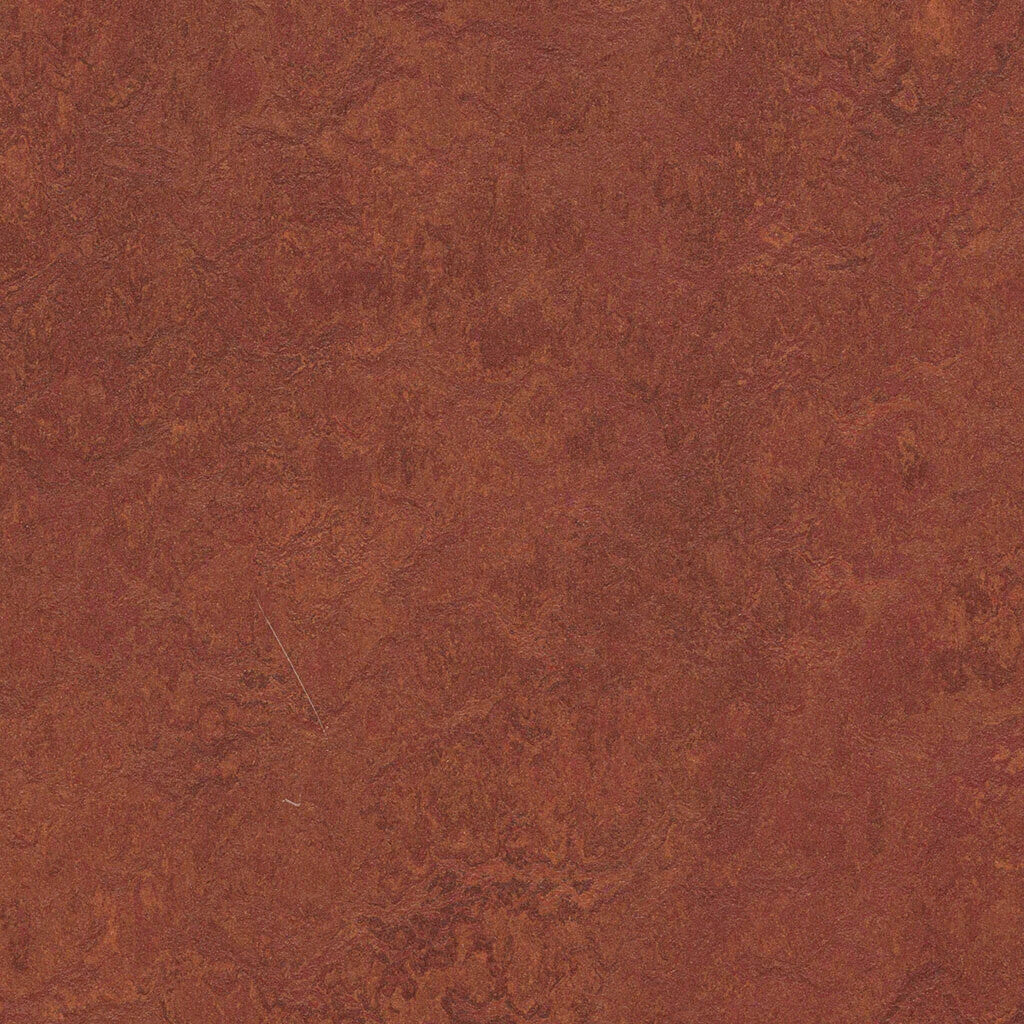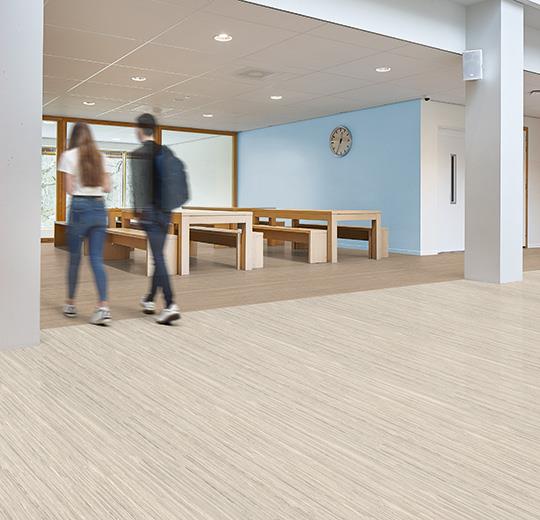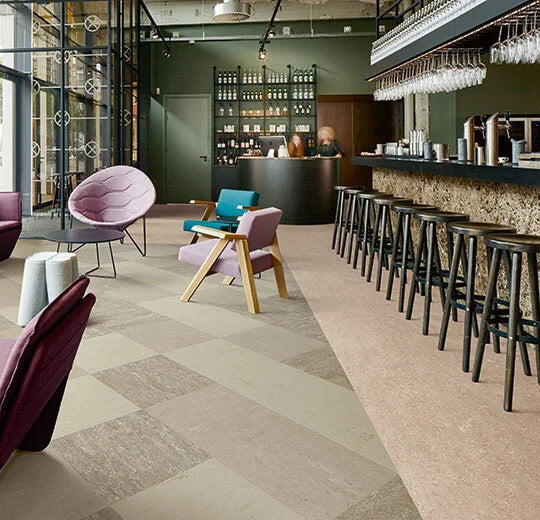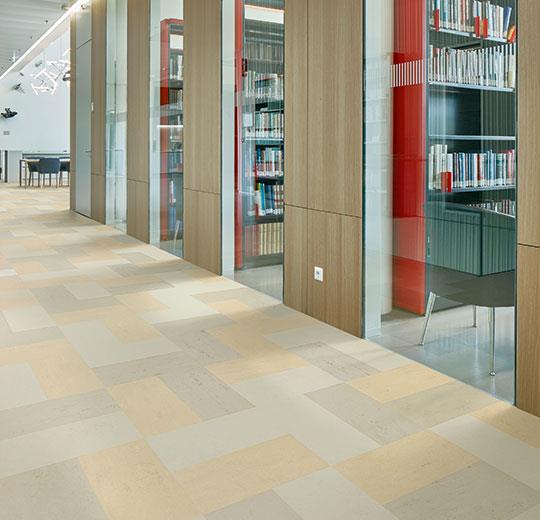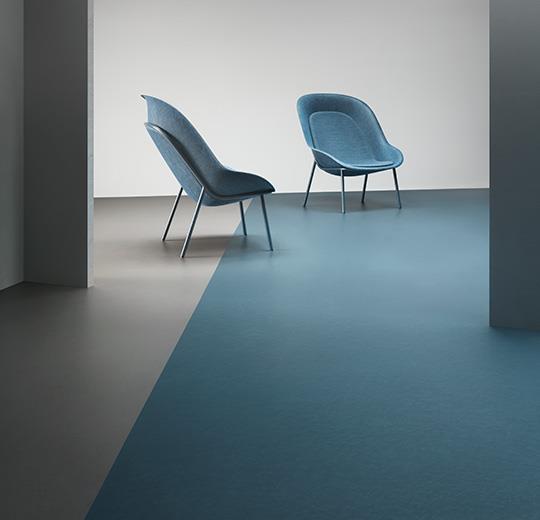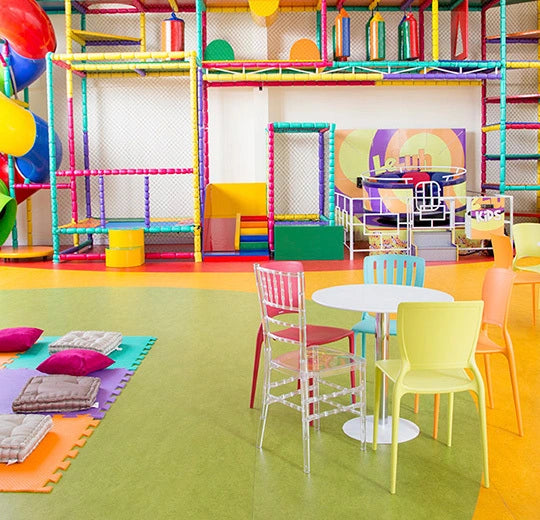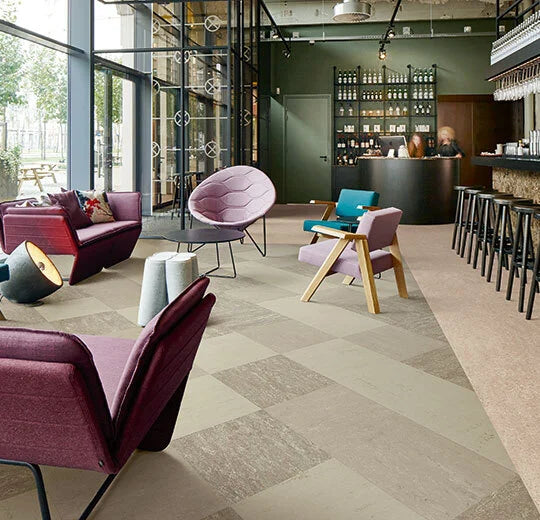Linoleum Flooring
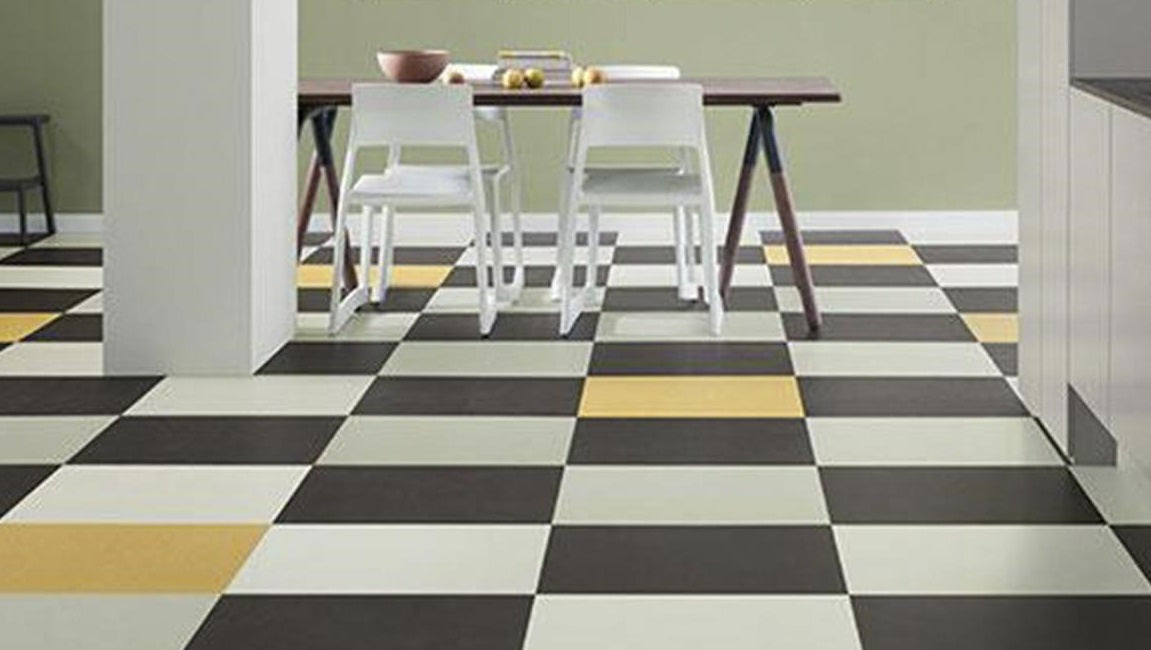
Linoleum (Marmoleum) by Forbo
Linoleum is one of the more resilient floor-covering materials you can choose. Marmoleum by Forbo Flooring is linoleum designed for high-traffic areas and requires low maintenance. Unlike regular linoleum floors, Marmoleumo does not require any adhesive during installation. Commercial-grade linoleum sheets are commonly used in business offices, medical facilities, and retail spaces.
Where to Buy Linoleum Flooring?
Buying linoleum or marmoleum floors is harder these days, that's why Floor City sells more Linoleum than any other store online. Their preferred partnership with Forbo has made it extremly easy to shop and purchase online. We offer both in-store and mailed free samples direct to your home or business. Nationwide shipping is also the way to go, with near nothing freight costs. Once you've found the color you want, order on our website or by phone and within a few days you'll have your material delivered and ready for install.
Waterproof Floors
Floor City offers hundreds of water-resistant linoleum tiles, like the Forbo Marmoleum flooring sheet rolls or modular tile squares and rectangles. Marmoleum and linoleum are sold in modular tile, plank or cut rolls that can be customized to fit the coverage needed. Standard Marmoleum/linoleum rolls come in 6 to 7-foot widths and usually require a minimum of 10 feet in length or a maximum of up to 105 feet in total length.
We offer commercial- and residential-use linoleum:
Linoleum Sheet Roll Sizes
The average width of linoleum flooring rolls is between six and seven feet. However, the average length of linoleum sheet rolls varies widely depending on the manufacturer. Although most sheet rolls are sold around 50 feet, some may be as long as 120 feet and can be cut into pieces. Large rolls are available direct from the mill or if you need a small amount, we can have the manufacturer custom cut.
Linoleum Square and Panel Tile Sizes
Below are typical sizes of tile sizes:
-
19.685" x 19.685" / 50 x 50 cm
-
19.685" x 9.48" / 50 x 25 cm
-
39.37" x 9.48" / 100 x 25 cm
Commercial-Grade Linoleum Flooring
Heavy-duty linoleum, also known as “Battleship” commercial-grade linoleum flooring, is a high-quality sheet or tile material designed for high-traffic areas and commonly used in educational settings like a classroom or a kitchen for residential use.
Sheet Rolls vs. Modular Tiles
Commercial linoleum flooring rolls are popular for spaces looking to have a solid sheet with no seams. However, these will more likely cause an issue if future repairs are needed. Industrial linoleum tile squares have slightly noticeable seams but are much easier to create unique patterns than cutting a roll of real linoleum.
Armstrong's (now discontinued brand) linoleum includes Marmorette, Linorette, Granette, Colorette, and Uni Walton collections. There are many crossovers to the new Forbo flooring if you want to replace or find a close match to the linoleum previously made by Armstrong.
Forbo Industrial-Grade Linoleum: How It’s Made
Yes, linoleum manufacturers still make true linoleum flooring. See how in the video below:
If you’re ready to get a colorful linoleum floor, just give us a call or shop this collection for Forbo Marmoleum modular flooring.
Linoleum Professional Installation Recommendation
When installing linoleum floors, consider the size of the space, as the width of the sheet is usually six to seven feet. If your new floor installation requires the fewest seams in a 12-foot-wide hallway, consider installing Marmoleum tiles on the perimeter and rolled linoleum in the middle. Combine eco-friendly tile and natural sheet linoleum flooring to create a modern yet classic feel.
What is the difference between linoleum and vinyl flooring?
The key differences between linoleum, marmoleum, and vinyl flooring lie in their materials, construction, environmental impact, and maintenance. As many of you are probably asking, is vinyl flooring linoleum, the short answer is no. Here's a more detailed explanation of the different materials:
1. Linoleum Flooring
- Material: Linoleum is made from natural materials like linseed oil, cork dust, wood flour, and natural pigments. It’s eco-friendly and biodegradable.
- Durability: It is durable but can be prone to scratches and dents if not properly maintained. It can last 20-40 years.
- Maintenance: Requires regular cleaning and occasional sealing or waxing to maintain its appearance.
- Environmental Impact: Linoleum is one of the most environmentally friendly flooring materials.
- Look and Feel: It has a more natural, matte finish and a softer, warmer feel underfoot compared to vinyl.
2. Marmoleum Flooring
- Material: Marmoleum is a brand of linoleum, produced by Forbo, with the same natural composition (linseed oil, wood flour, cork, and jute backing).
- Durability: Marmoleum tends to be more durable than standard linoleum due to its manufacturing process. It is known for its longevity (up to 40+ years).
- Maintenance: Like linoleum, it requires regular cleaning and occasional sealing. However, Marmoleum has a more stain-resistant finish than traditional linoleum.
- Environmental Impact: Like linoleum, Marmoleum is eco-friendly, made from renewable resources, and fully biodegradable.
- Look and Feel: Marmoleum often has a smoother finish and more vibrant design options compared to traditional linoleum.
3. Vinyl Flooring
- Material: Vinyl flooring is made from synthetic materials, mainly PVC (polyvinyl chloride), and is a completely man-made product.
- Durability: Vinyl is very durable, resistant to moisture, scratches, and stains, and can last 10-20 years. It's easier to replace than linoleum or Marmoleum.
- Maintenance: Easy to maintain with simple cleaning using water and a mild cleaner.
- Environmental Impact: Vinyl is less eco-friendly because it is made from non-renewable resources and isn't biodegradable.
- Look and Feel: Available in a wide range of designs, colors, and textures, vinyl can mimic natural materials like wood or stone. It tends to be more affordable and offers a shinier surface than linoleum or Marmoleum.
Key Differences:
- Eco-friendliness: Vintage Linoleum and Marmoleum are more eco-friendly, while vinyl is synthetic and less environmentally sustainable.
- Durability: Vinyl is more resistant to moisture and scratches, while Marmoleum is more durable than standard linoleum.
- Maintenance: Vinyl is easier to maintain, requiring less sealing or waxing.
- Cost: Vinyl is typically cheaper than Marmoleum or linoleum, but you can find some inexpensive linoleum flooring at Floor City.
Each material has its advantages depending on the specific use case, whether durability, eco-friendliness, or ease of maintenance is most important. Shop Forbo Flooring Systems Linoleum Marmoleum Flooring.



